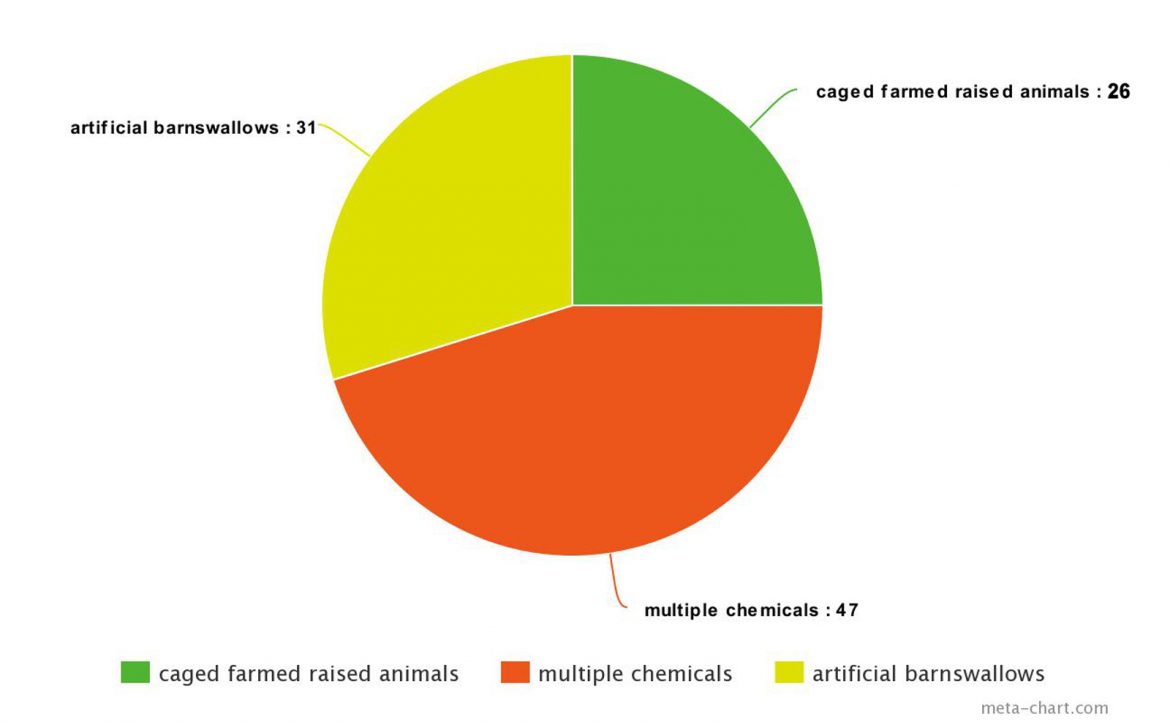Meryil writes:
Dear David
I trust you are well. I just discovered your website when I googled can dog food make your plants grow.
The reason that prompted me to do this, was well, that was my experience unintentionally. I have read all the comments and my goodness, people are nay sayers and yes tons complain, but I am here to validate your findings.
I have a dog and change his water on the regular about twice a day. Normally I feel horrible to waste grey water since we have had a dry climate lately (South Africa, Johannesburg)
What I have noticed is my lily plant began flowering. I was good for many years tending to it and I am an avid gardener so I know what I am doing and grow my own herbs and veggies casually.
I realise because I would throw the grey water in my my plants and it had bits of dog food in it, the nutrients made my peace lily flower.
And every other plant I shared that grey water with thrived. It made sense.
So I hope you know that it actually works and some feedback from around the world is, yes you are right.
Keep gardening and enjoy yourself.
Best regards
Meryil and Jasper (my doggo)
Meryil was basically fertigating that peace lily!
When you add nutrients to water and water plants with that solution, they really love it. It’s remarkable to see how they’ll thrive. The nitrogen in the dog food became readily available to the peace lily, along with the rest of the nutrients, and it responded!
It may seem weird to use dog food as fertilizer, but it does work.
Just like burying a pork chop.

